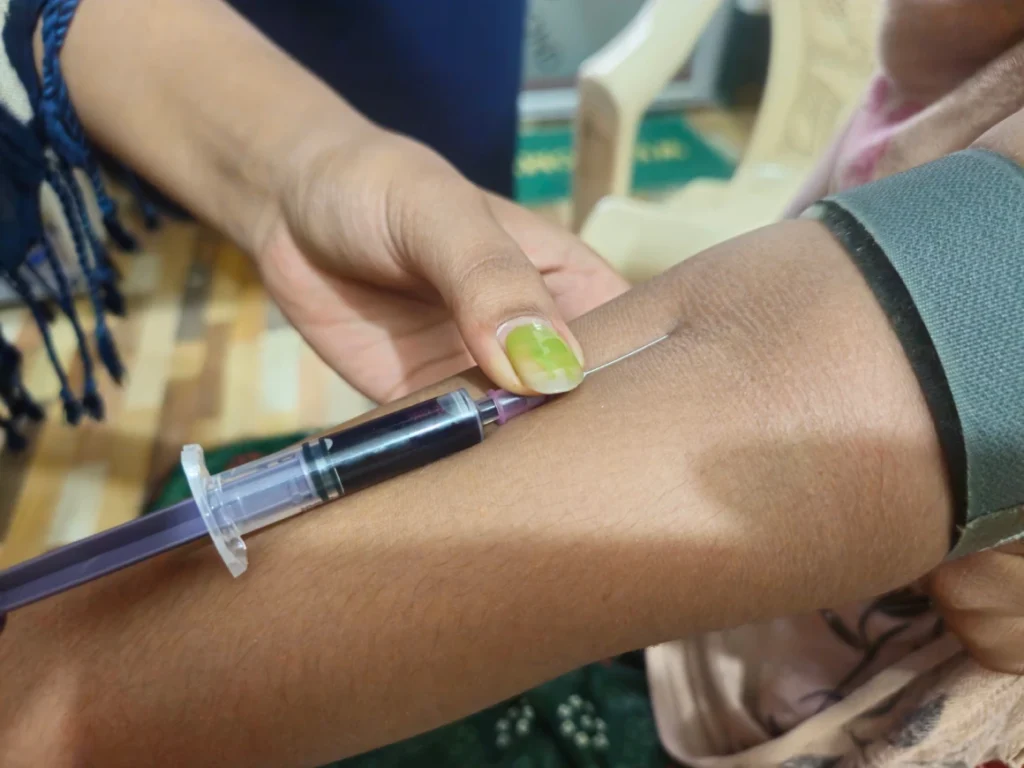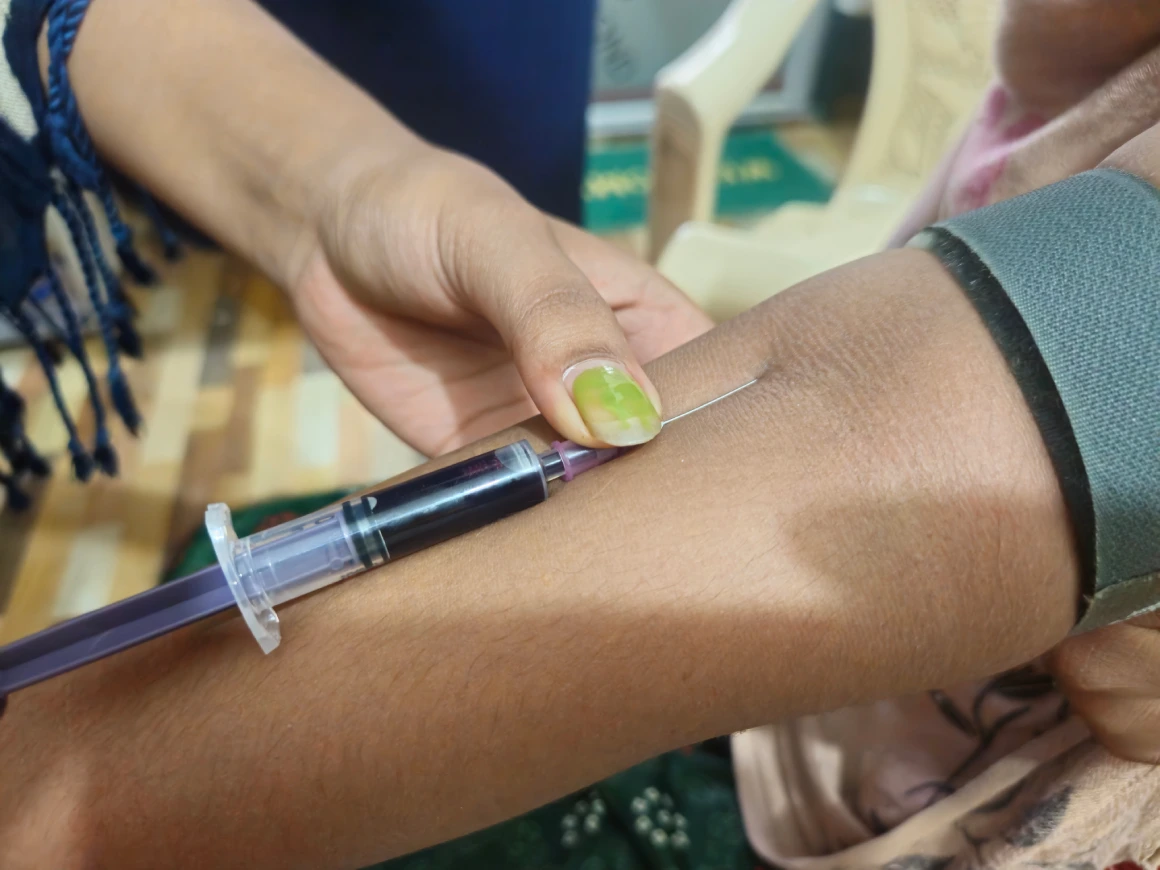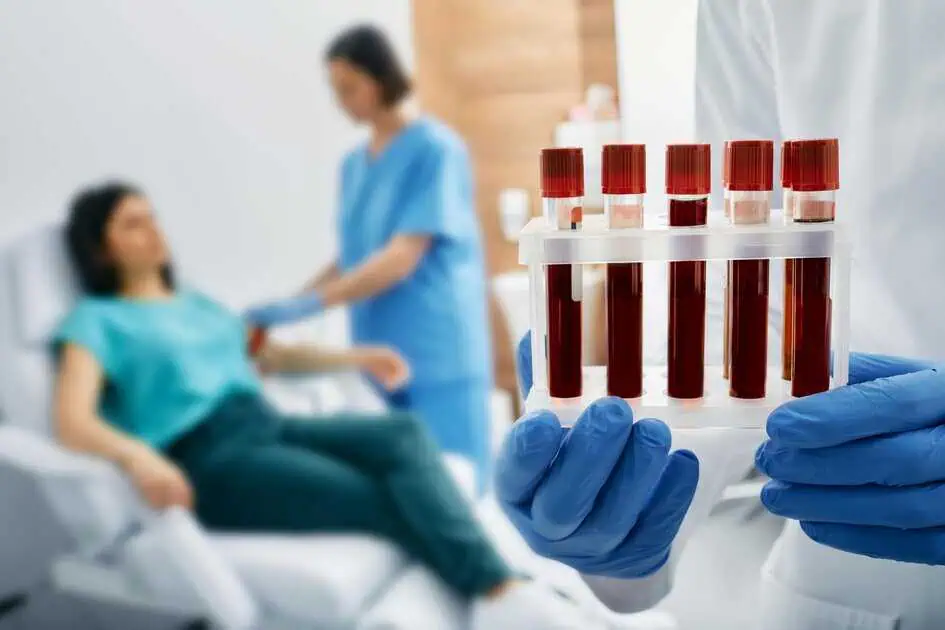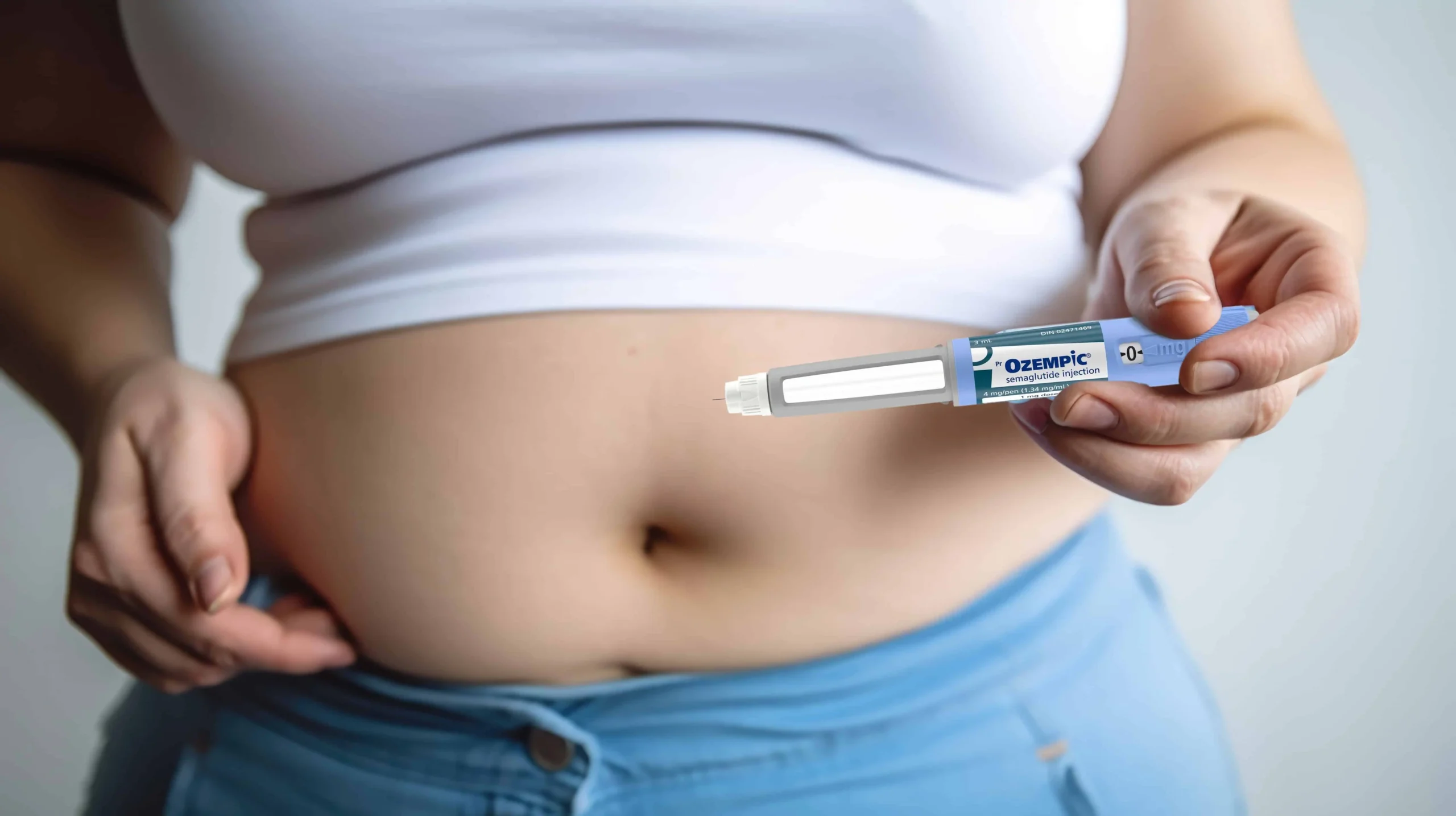
Early detection saves lives. Did you know that several serious health conditions develop silently over months or years? This is where routine blood testing comes in. The latter has been proven to help identify these problems long before physical symptoms appear.
In this blog, we will examine how proactive blood services function as an essential frontline defense. They are renowned for disease prevention and early intervention purposes. By undergoing blood draw services, you are saving yourself from expensive treatments while enjoying a quality life.
The Critical Importance of Early Disease Detection
Early disease detection provides several crucial advantages that can dramatically alter a patient’s healthcare journey:
- Treatment is often more effective when conditions are identified in their initial stages
- Less aggressive interventions may be sufficient for early-stage diseases
- Healthcare costs are typically lower for treating early-detected conditions
- Quality of life improves with prompt intervention before symptoms progress
- Survival rates increase significantly for many serious conditions when caught early
Preventive health care strategies that incorporate regular blood testing empower patients to take control of their health before problems arise. Waiting for symptoms to appear is not a recommended practice. This is because these often signal that a disease has already progressed. On the other hand, proactive testing allows for intervention at the earliest possible stage.
Common Health Conditions Identified Through Blood Testing
Routine blood tests can detect or help diagnose numerous conditions before they become serious health threats:
Cardiovascular Disease
Blood panels measure cholesterol levels, high-sensitivity C-reactive protein, and other cardiac markers. All of these help identify individuals at risk for heart disease before any symptoms develop. With early intervention through lifestyle modifications and appropriate medications, the risk of heart attacks and strokes can be significantly reduced.
Diabetes and Prediabetes
Hemoglobin A1C and fasting glucose tests can detect elevated blood sugar levels indicative of prediabetes or diabetes. Catching prediabetes early creates a valuable opportunity to prevent progression to type 2 diabetes through targeted diet changes, increased physical activity, and sometimes medication.
Kidney Function Issues
Some specific tests measure blood urea nitrogen (BUN), creatinine, and estimated glomerular filtration rate (eGFR). The results can determine kidney dysfunction in its earliest stages. Thus, early detection allows for necessary interventions. These slow or prevent progression to a more serious kidney disease.
Liver Health Concerns
Comprehensive metabolic panels typically include liver function tests. As the name implies, they can identify liver damage before obvious symptoms appear. Such an early warning method allows for interventions, helping patients avoid more serious health conditions (e.g., cirrhosis or liver failure).
Thyroid Disorders
Blood tests measuring thyroid-stimulating hormone (TSH) and other thyroid markers can identify hyper- or hypothyroidism before significant symptoms develop. Early treatment can prevent the complications associated with untreated thyroid disorders.
Nutritional Deficiencies
Blood tests can identify deficiencies in essential vitamins and minerals, such as vitamin D, vitamin B12, iron, and zinc. Addressing these deficiencies early can prevent associated health complications.
Blood Disorders and Anemias
Complete blood counts (CBCs) can detect various types of anemia, infection, and other blood disorders that might otherwise go unnoticed until symptoms become severe and more difficult to treat.
Inflammatory Conditions
Elevated inflammatory markers in blood tests may indicate underlying inflammatory conditions that require further investigation and treatment.
How Modern Blood Draw Services Enhance Detection Capabilities
Today’s blood draw services have evolved significantly to better facilitate early disease detection:
Accessibility and Convenience
- Mobile services bring blood collection to patients with mobility challenges
- Multiple locations reduce travel time and improve community access
- Extended operating hours accommodate diverse work schedules
- Appointment systems minimize waiting times
Enhanced Comfort and Reduced Anxiety
- Specialized training for phlebotomists in anxiety-reducing techniques
- Comfortable, private blood draw environments
- Ultra-thin needles and advanced collection techniques minimize discomfort
- Clear communication throughout the process reduces fear of the unknown
Technology Integration
- Electronic test ordering reduces errors and streamlines the process
- Digital result delivery systems provide quick, secure access to findings
- Automated reminder systems help maintain regular testing schedules
- Integration with primary care electronic health records ensures coordinated care
Comprehensive Testing Panels
- Customized test groupings for specific risk factors or health concerns
- Age and gender-appropriate screening packages
- Specialized panels for specific conditions or symptoms
- Preventive screening bundles that assess multiple health parameters simultaneously
Performance IV Hydration Blood Draw Services
Patients looking for a blood draw In Federal Way, WA, should visit Performance IV Hydration. It stands out as a premier provider of blood draw services. Our team of experienced medical professionals offers concierge-level blood draw services in a comfortable, spa-like setting that puts patients at ease.
Performance IV Hydration provides comprehensive blood testing for health screening. We offer several specialized packages designed to address different health needs:
- Basic Wellness Panel: A foundational assessment including complete blood count, comprehensive metabolic panel, ferritin and iron studies, hemoglobin A1c, lipid panel with cardiovascular risk ratios, thyroid-stimulating hormone, vitamin D, and more to establish a baseline for overall health.
- Complete Wellness Panel: An expanded evaluation that builds on the basic panel by adding markers for inflammation (high-sensitivity C-reactive protein), stress (cortisol), cardiovascular risk (apolipoprotein B, homocysteine, lipoprotein(a)), and comprehensive thyroid function, providing a more thorough health assessment.
- Complete Detox Panel: Specially designed to evaluate detoxification pathways with additional tests like glutathione levels, RBC Folate, vitamin B12, zinc, and expanded liver function markers to support optimal detoxification and cellular health.
- Complete Female Hormone Panel: A comprehensive assessment of female hormonal health including estradiol, estriol, estrone, progesterone, and specialized thyroid markers, alongside core wellness markers to address women’s specific health concerns.
- Complete Male Hormone Panel: Tailored for men’s health with specialized hormone testing including Testosterone (free, weakly bound, and total), dihydrotestosterone (DHT), estradiol, and prostate-specific Antigen (PSA), combined with metabolic and cardiovascular markers.
- Semaglutide Blood Draw Panel: A specialized panel for those using weight management medications, focusing on key markers like complete blood count, comprehensive metabolic panel, C-reactive protein, hemoglobin A1c, lipid panel, and comprehensive thyroid function.
Catch diseases before they start—book a blood draw with us!
Frequently Asked Questions
How often should I get routine blood tests for preventive screening?
For most healthy adults, annual blood testing for health screening is recommended. However, your healthcare provider might suggest more frequent testing based on your age, family history, existing health conditions, or medication regimen.
Do I need to fast before my blood draw appointment?
Some blood draw services require fasting for 8-12 hours before testing, particularly for lipid panels and glucose testing.
How quickly will I receive my blood test results?
Most routine blood test results are available within 24-72 hours.
Will my insurance cover blood testing for preventive care?
Many insurance plans cover preventive health care screenings, including certain blood tests. It’s recommended to check with your insurance provider regarding specific coverage details before scheduling your appointment.
How do I prepare for my upcoming blood draw?
Preparing for your blood draw procedure is absolutely essential. This helps yield accurate results. Some steps to take involve getting well-hydrated and avoiding caffeine and nicotine.




